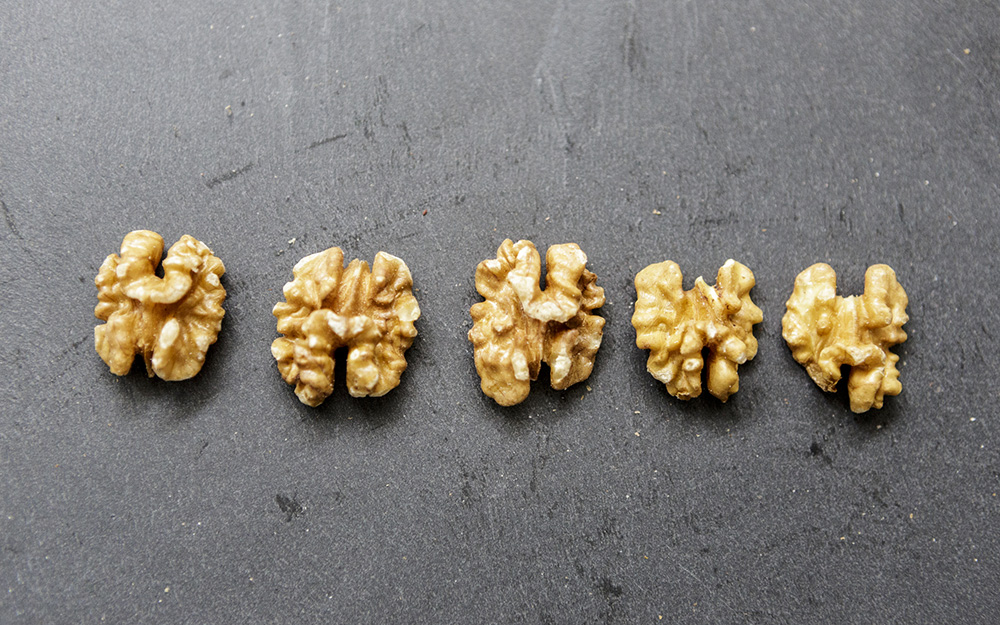Sexual Health and COVID-19: What Men Should Know
Date
March 9, 2022

Date
March 9, 2022
Credits
Medical providers featured in this article
In Brief
{{cta-block}}
Dr. Justin Houman is passionate about making space for men to ask questions about their sexual health. It’s a topic that all too often seems taboo—a shame, says Dr. Houman, because the stigma can help perpetuate misinformation and prevent men from feeling (and performing) their best.
“I want guys to know it’s OK to talk about these issues—that there are experts out there they can turn to for medical care that addresses their concerns in a supportive and encouraging way,” he says.
One area that needs clarity is the swirl of rumors and half-truths around men’s sexual health and COVID-19, particularly as it relates to fertility and erectile dysfunction (ED). Here, Dr. Houman offers key insights on the topic—things men should know as they navigate their wellness during a pandemic.
"Anything good for the heart is good for the penis, whether it’s before, during or after COVID."
Do the COVID-19 vaccines cause infertility?
No
When the vaccines were first released, Dr. Houman saw a substantial increase in the number of male patients worried it would have a negative impact on their fertility. “It’s totally false; there’s zero evidence suggesting this,” Dr. Houman says. “In fact, from a COVID perspective, the opposite is true: If you’re concerned about your fertility, the vaccine offers you a measure of protection.”
Here’s why: Like any virus, the coronavirus that causes COVID-19 can also lead to a temporary decrease in testosterone levels. During the fever stage, the testicles don’t function the way they should. This impacts testosterone production, which ramps up once the fever recedes.
What it boils down to, Dr. Houman says, is simple: “Getting the virus is more likely to affect your fertility than getting the vaccine.”
Can COVID-19 impede erectile function?
Maybe
Dr. Houman says it’s difficult to say for certain to what extent the virus may contribute to ED. "The studies just aren’t there," he says, but any potential impact is likely to be multifactorial.
“In the same way a dip in testosterone levels can reduce fertility, it can also affect erectile function, so that’s one potential connection between COVID-19 and ED,” he says. “COVID-19 also causes vasculitis—an inflammation of blood vessels. The blood vessels that provide blood flow to the penis for erectile function are quite small. If you don’t get good blood flow to the penis for a long period of time, it could cause scaring and erectile dysfunction.”
{{providers}}
Are there ways to combat ED that may stem from COVID-19?
Yes
If you get COVID-19, you may be affected by things like short-term dips in testosterone and vasculitis. Still, Dr. Houman says, there are steps you can take to help minimize any long-term impact.
“Anything good for the heart is good for the penis, whether it’s before, during or after COVID,” he says. “So, getting your heart rate elevated through exercise, sticking with lean diets (not eating oily or processed food), reducing anxiety and stress—these are all helpful ways to support good erectile function.”
IF ED is impacting your relationships or your self-esteem, Dr. Houman suggests consulting a physician. “Most guys will experience ED once in a while; it’s totally normal,” Dr. Houman says. “But if it’s affecting your life in a negative way, I encourage you to reach out.”
One thing to keep in mind, he notes, is that ED can be a warning sign for something more systemic. “ED is like the ‘check engine’ light in our bodies. It can be the first indication of things like diabetes, hypertension or high cholesterol,” he says. The challenge is getting men to open up to their doctors about any symptoms.
“The more we talk about ED and other aspects of men’s sexual health, the more we normalize it,” Dr. Houman says. “That’s what I’m here for.”






